
Philips N2520 Cassette Deck
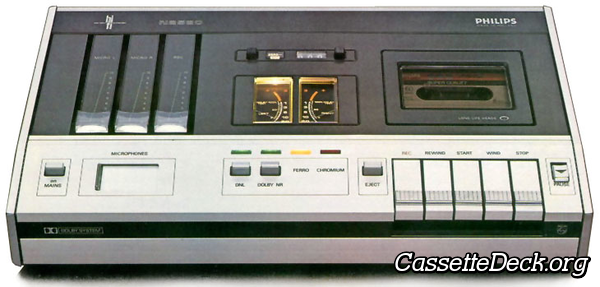


This Philips N2520 is a stereo cassette deck with Dolby B and DNL noise reduction, it was first sold by Philips in 1974 and discontinued 2 years later in 1976.
The main features of the Philips N2520 are:, mechanical 3 digit tape counter and memory stop, automatic tape type selection and capable of handling normal and chrome tapes with automatic equalization selection, belt driven single-capstan transport.
Typical of this deck is the 70's top loading layout with the cassette compartiment located on the right side of the deck. Tape eject is operated mechanically and the cassette needs to be placed with the side to be played facing forward in the cassette well.
Level meters used on the N2520 are analog needle VU reading meters with multi-color indication to provide visual saturation level of tape. Mechanical transport controls for reliable N2520 transport function selection.
The Dolby-B system reduces tape hiss on tapes recorded on the N2520 by as much as 10 dB at the highest frequencies. Unlike the various Dolby systems, which require encoding and decoding, the Dynamic noise limiter (DNL) used by Philips in the N2520 works on playback only and reduces noise by as much as 10 dB.
To make live recordings this deck has 2 microphone inputs to connect a microphone with a DIN connector.

- HiFi
Historic events
Features of Philips N2520
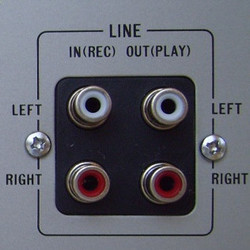
 1 Stereo Microphone Input
1 Stereo Microphone Input
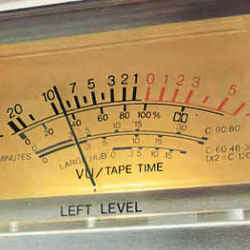
 3-Digıt Mechanical Counter
3-Digıt Mechanical Counter
 Analog Needle Meters
Analog Needle Meters
 Multi Color Peak-Reading Meters
Multi Color Peak-Reading Meters
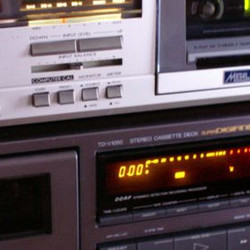
 Silver Finish
Silver Finish
 Orientation Right
Orientation Right
 Top Loading
Top Loading
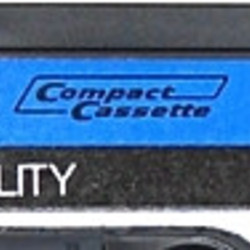
 Stereo
Stereo
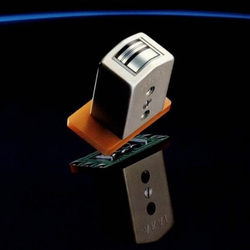
 4 Track / 2 Channel
4 Track / 2 Channel
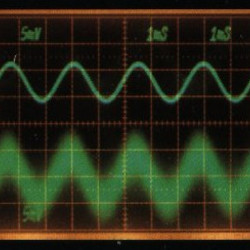
 Dolby-B Noise Reduction
Dolby-B Noise Reduction
 DNL Noise Reduction
DNL Noise Reduction
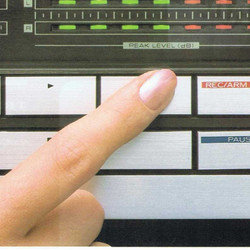
 Mechanical Transport Control
Mechanical Transport Control
 Memory Stop
Memory Stop
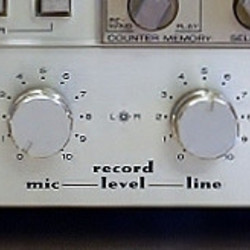
 Microphone Level Adjust (Left/Right)
Microphone Level Adjust (Left/Right)
 Master Record Level Control
Master Record Level Control
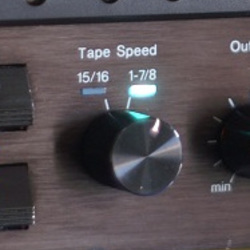
 1⅞ ips - 4.76 cm/s
1⅞ ips - 4.76 cm/s
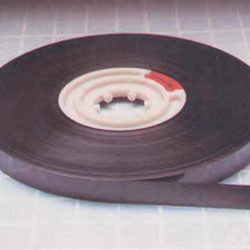
 Automatic Tape Equalization
Automatic Tape Equalization
 Normal Tape Capabılity
Normal Tape Capabılity
 Automatic Tape Type Selection
Automatic Tape Type Selection
 Chrome Tape Capabılity
Chrome Tape Capabılity
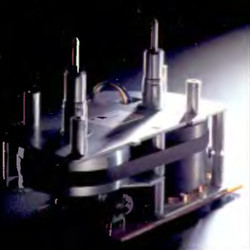
 Sìngle Capsŧan Transport
Sìngle Capsŧan Transport
 Belt Drive (Capsŧan)
Belt Drive (Capsŧan)
 Mechanical Tape Loading
Mechanical Tape Loading
 Auto Stop
Auto Stop
Shop Philips N2520 items currently for sale
Last update on Jul 26, 2024 7:26:36 PM CEST
The products for sale contains items that link to partners of CassetteDeck.org and may result in us receiving commission from purchases made.
Similar to Philips N2520 from the period 1974 - 1976
Copying product information from this page and use it in your auction or on your website is allowed only if you submit a picture of the Philips N2520 to us. This picture has to be made by yourself, showing the deck with its entire front and containing no watermarks or logos. In case we discover that you copied Philips N2520 content without sharing images in return then you give us the right to use the content on the page where you used our Philips N2520 information.




























